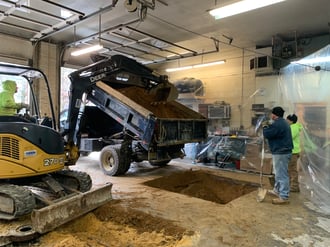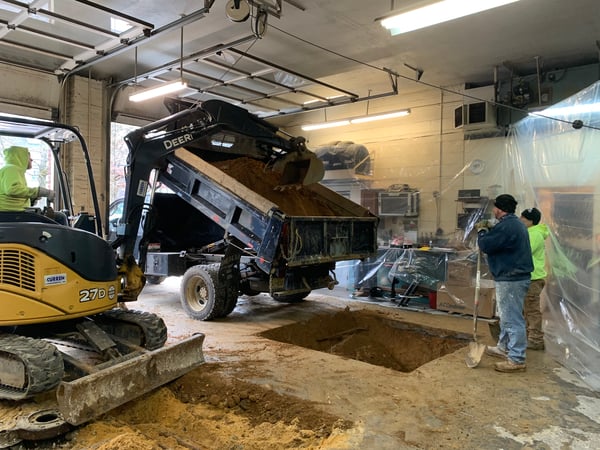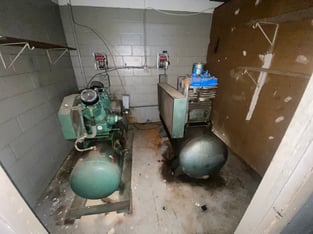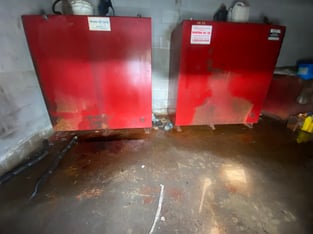No, auto repair, auto sales, car dealerships, and repair shops do not fall under ISRA regulations. It is a common misconception that auto repair is an ISRA-regulated industry, perhaps because you are generating waste liquids and at one time in the past waste oil had a hazardous classification in New Jersey. I say this because I have been asked this question going on 25 years.

Now a facility that performed auto repair and now operates as an ISRA-applicable business, can hold environmental liability for the ISRA-applicable business. You see operations of auto repair can have an environmental impact. Inground lifts, ASTs, USTs, slop sinks, parts washing stations with solvents, floor drains, waste oil, etc. all are AOCs (Areas of Concern) for auto repair shops. The USTs are generally covered under their regulations. The other AOCs are things to be looked into for an ISRA evaluation. NO matter what the current ISRA applicable business is, the ISRA will evaluate for the historical use of the property, which is taken under consideration when evaluating for AOCs. So, a solvent parts washing station used 30 years ago may end up being investigated under an ISRA, even though the current operations never used it, because the site did.

Compressor areas, which auto repair facilities have, and AST storage areas can also be an AOC, sometimes the AOC will require investigation, and other times visual assessment of these AOCs can remove the need for testing.


What businesses are most likely subject to ISRA?
ISRA is meant to hold certain businesses (manufacturers of anything typically) accountable for contamination caused to properties. However, the law held companies accountable not just for anything they did but for whatever else happened on the site, even if it happened prior to their operation at the site.
The ISRA regulations base applicability on the business classification (NAICS Code). But a business can be misclassified. Say the business makes circuit boards (a regulated industry), but their NACIS code is tied to design. NJDEP will view what the primary business is and trigger ISRA.
The first step in the ISRA process is hiring an LSRP (Licensed Site Remediation Professional) to perform a Preliminary Assessment or PA. The PA completes an audit of the property and allows the LSRP to assess the environmental issues of the property and ultimately provide an RAO (Remedial Action Outcome). An RAO is the result of the ISRA process.
ISRA Experts
888-301-1050
ISRA Questions?

